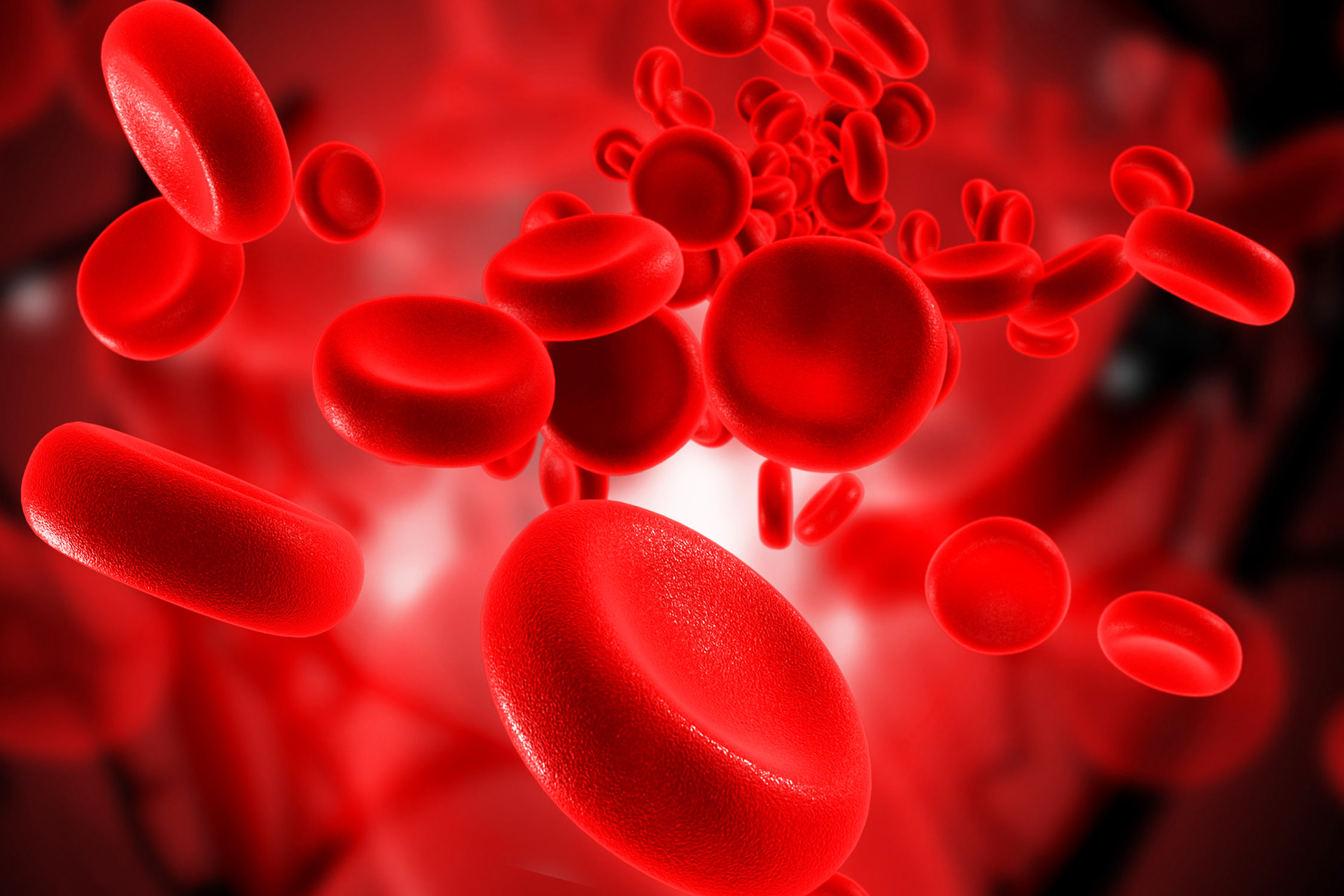
Maybe you’ve been feeling fatigued lately, or you start noticing shortness of breath, even after minimal exertion? These symptoms could signal the first indications of anemia.
People with anemia lack sufficient, healthy red blood cells to carry oxygen to the body’s organs and tissues. This condition is also referred to as low haemoglobin. This condition affects over 30% of the world’s population, according to the World Health Organization (WHO).
However, depending on the cause and severity, anemia’s signs and symptoms can vary. Some people notice that their skin becomes pale or yellowish, or they experience rapid or irregular heartbeats, dizziness, chest pain, headaches or cold hands and feet. It’s also possible that in some cases, people may have anemia but experience no symptoms at all.
Someone can have long-term or short-term anemia and the condition can range from mild to severe. Doctorstypically perform a physical exam and recommend blood tests, in order to find out the existence and underlying causes of anemia. In most cases, anemia has more than one cause and it can either be inherited (family history) or acquired. Family history is a factor in both children and adults, since anemia can often appear later in life.
One of the primary ways that anemia can be “acquired,” is through poor diet. This happens with diets that lack iron-dense foods or from eating foods that interfere with iron absorption, such as: dairy, coffee, tea, soy products, oregano and certain cereals. Iron is critical for the production of haemoglobin – a protein molecule in the red blood cells that transports oxygen throughout the body. People who have low levels of folate, vitamin B-12 or a low vitamin C intake in their diet, can also be prone to anemia.
Some types of anemia can be prevented by eating a healthy, diverse diet. Incorporating more foods that are iron-rich into your diet may be a way to stave off anemia. Some examples are: liver, red meat, chicken, turkey, pork, fish and shellfish and vegetarian sources like: beans, tofu, green, leafy vegetables, peanuts and dried fruits. Increasing your intake of Vitamin C may also be beneficial, since it can help the body absorb iron better. Vitamin C-rich foods include: citrus fruits, strawberries, kiwi, and blackberries. Your doctor could also recommend an iron supplement.
Apart from diet, someone who experiences excessive blood loss could also be prone to anemia. External blood loss can result from: an injury or accident, hemorrhoids, heavy menstruation or from long-term use of aspirin, pain killers or antacids. Internal blood loss is also a contributor and can happen due to a hookworm infection, cancer or internal bleeding in the digestive tract, due to ulcers and tumours.
People who suffer from celiac disease and Crohn’s disease, may have problems with iron absorption. Certain auto-immune conditions can also cause anemia, such as “autoimmune hemolytic anaemia” – a rare condition where the immune system starts destroying red blood cells. Other conditions that can contribute to anemia, include: kidney disease, rheumatoid arthritis, HIV and lupus. Anemia can also be caused by the inability of bone marrow to produce adequate numbers of red blood cells (hypoproliferative anemia). Certain surgeries such as gastric bypass, can also interfere with iron absorption.
Anemia is also common during pregnancy, since more red blood cells are required for the growth of the baby. Pregnant women who have anemia could have a premature delivery, defective development of the baby or a baby with low birth weight
Untreated anemia can lead to severe fatigue and cause rapid or irregular heartbeat. This is because the heart is strained by having to pump more blood, to compensate for the lack of oxygen in the blood. This leads to an increase in the size of the heart or heart failure and damage to other major organs. Anemia also affects children’s cognitive and physical development and could contribute to childhood obesity, due to lack of energy to exercise.
Treatments for anemia depend on the cause and type of anemia. They could range from being as simple as taking doctor-recommended oral supplements or making dietary changes, or can be more complex for severe cases, and involve intravenous infusions of iron and the transfusion of red blood cells.
